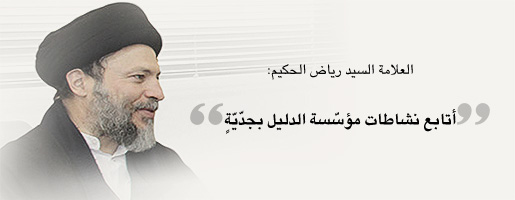
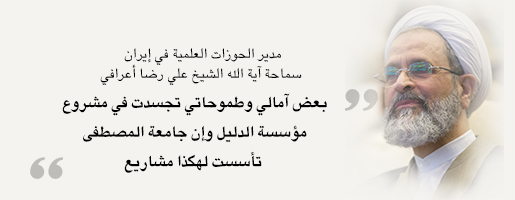
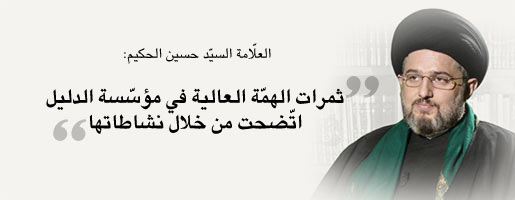

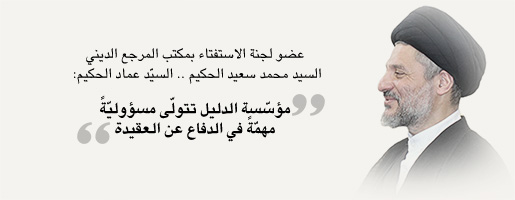
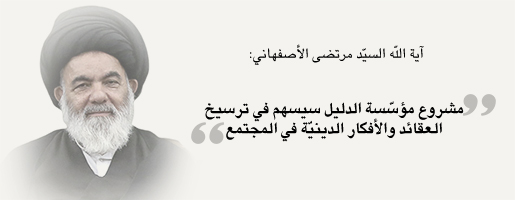
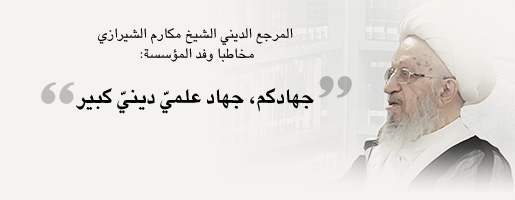

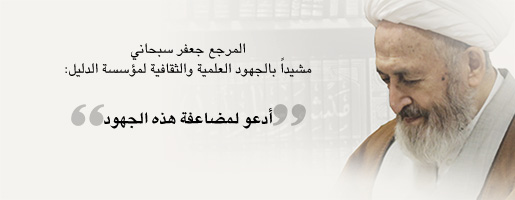
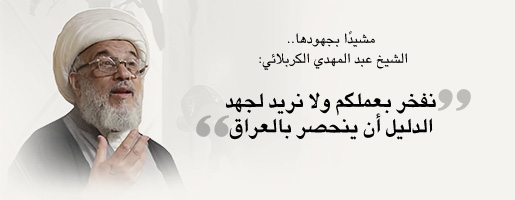
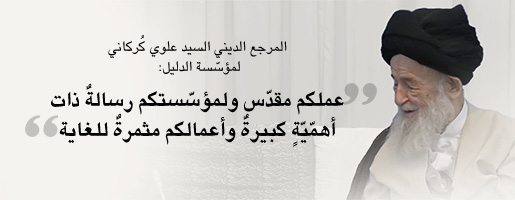
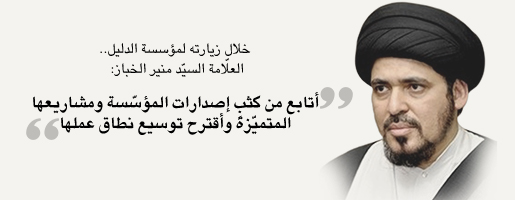
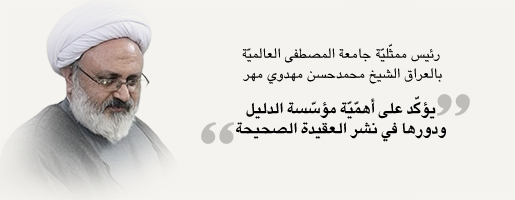
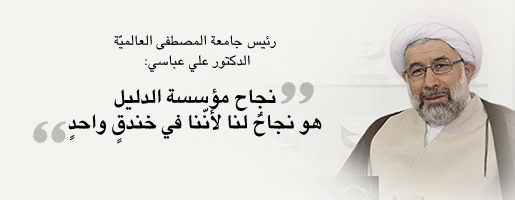
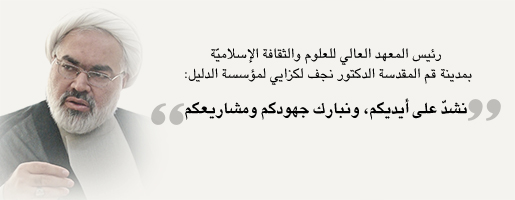


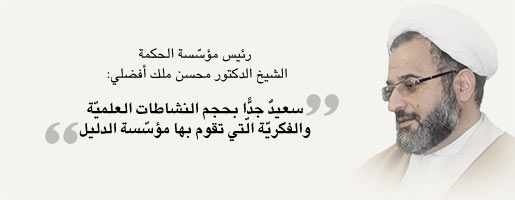
Ibrahim Bah
Reza Azarian
Abstract
This study examines the nature and defining features of secular ethical thought by outlining its foundations and principal theories, while subjecting them to critical evaluation from the standpoint of Islamic ethical principles. The aim is to review their limitations and to demonstrate the distinctive strengths of the Islamic moral framework. Employing a descriptive, analytical, and critical methodology, the research engages with key secular philosophical texts and compares their claims with authoritative Islamic sources, including the Qur'an, the Sunnah, and the intellectual heritage of the Islamic tradition.
The findings reveal that secular ethics is characterized by flexibility and an appeal to human reason-as exemplified by Kantian ethics, which is considered secular insofar as it grounds morality exclusively in rational autonomy rather than divine revelation, despite its rigorous emphasis on obligations. However, secular ethics faces serious challenges, including the absence of a transcendent moral reference point, the weakness of moral obligation, and value relativism. In contrast, Islamic ethics presents a comprehensive moral vision that harmonizes reason and revelation, balances individual and communal responsibilities, and offers constructive avenues for developing a contemporary Islamic ethical paradigm. Such a paradigm is capable of addressing modern challenges, particularly by fostering dialogue between tradition and modernity, and by contributing to the articulation of a universal ethic inspired by Islam.
